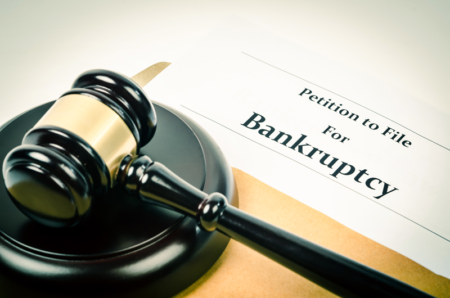 An individual can choose to file under chapter 7 or chapter 13 of the Bankruptcy Code. There are eligibility requirements for filing under either chapter, and each situation is unique, so it is best to consult with an attorney to determine the best course of action.
An individual can choose to file under chapter 7 or chapter 13 of the Bankruptcy Code. There are eligibility requirements for filing under either chapter, and each situation is unique, so it is best to consult with an attorney to determine the best course of action.
In general, a chapter 7 case will eliminate unsecured debts, such as credit cards, medical bills and loans that are not secured by property. If you receive a discharge, you’ll get a fresh start in life without the burden of most old debts. Another advantage to filing is the stopping (called an automatic stay) creditors’ calls and harassment that applies immediately once the case has been filed. Many clients have told me that the immediate peace of mind that comes after filing has made their lives better.
Mortgages and most car loans are a type of debt called “secured”, because the lender (a bank, credit union or vehicle finance company) can repossess the house or car. Clients often ask whether a house or car can be kept in bankruptcy, and the answer is usually yes. In order to keep the house or car, however, you will have to agree to continue making the payments just as if you had not filed. If you are behind on your payments, you may need to get caught up, but that can be negotiated.
Some debts cannot be discharged through bankruptcy, and examples of these include: child support, criminal fines or restitution, most student loans and some taxes. Even if you have some of these debts, many other debts will be eliminated and you will get some breathing room to pay them off because you won’t be burdened with as many debts.
